
StayWell Health Center – South Main Street – Waterbury, Connecticut
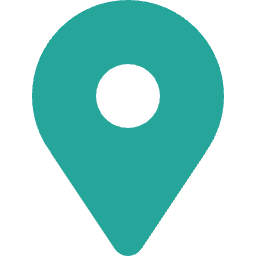 1309 South Main Street, Waterbury, CT 06706
1309 South Main Street, Waterbury, CT 06706

Stonington Institute – Groton, Connecticut
 618 Poquonnock Road, Groton, CT 06340
618 Poquonnock Road, Groton, CT 06340
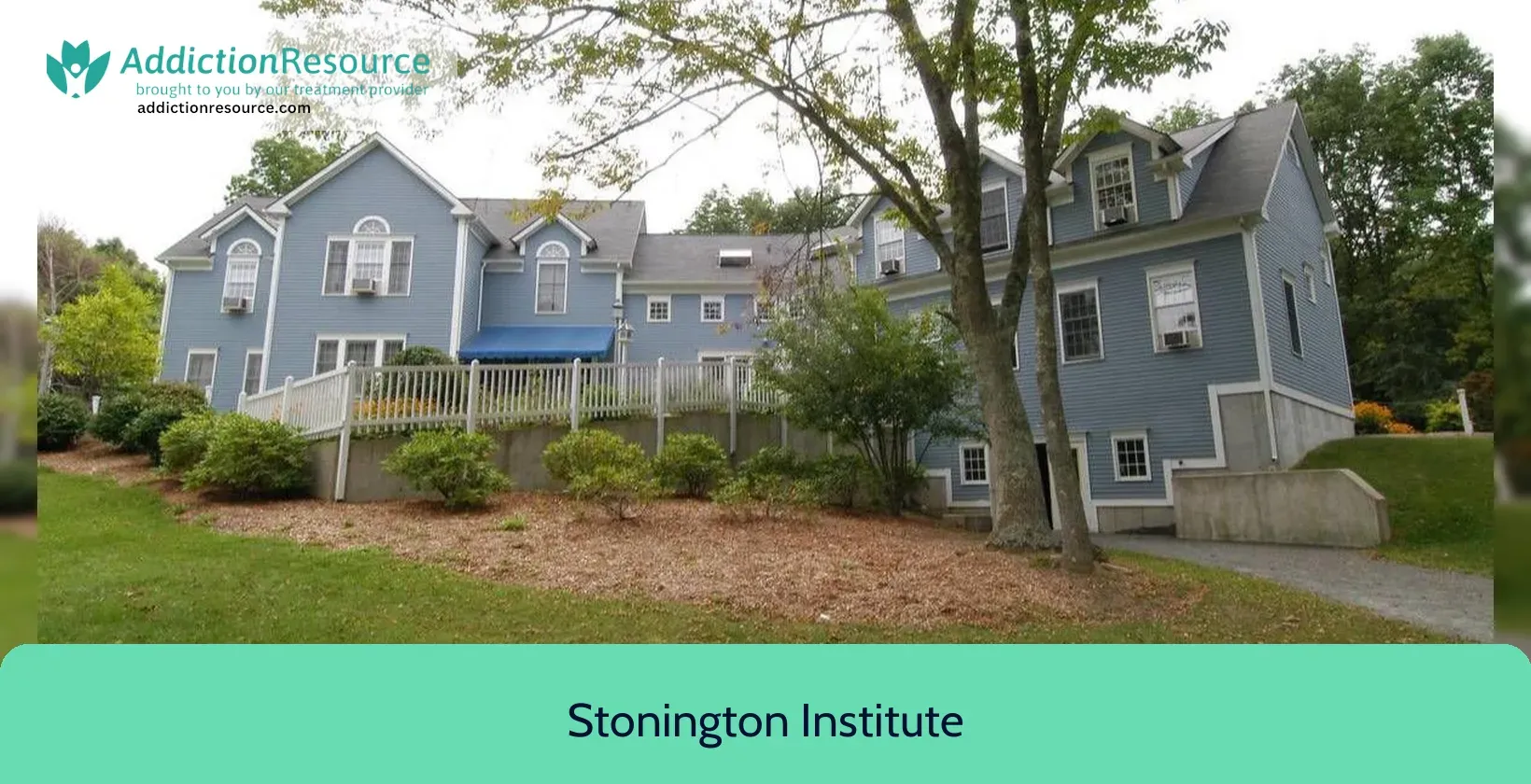
Stonington Institute – North Stonington, Connecticut
 75 Swantown Hill Road, North Stonington, CT 06359
75 Swantown Hill Road, North Stonington, CT 06359

Saint Vincent’s Medical Center – Outpatient Behavioral Health – Norwalk, Connecticut
 1 Lois Street, Norwalk, CT 06851
1 Lois Street, Norwalk, CT 06851
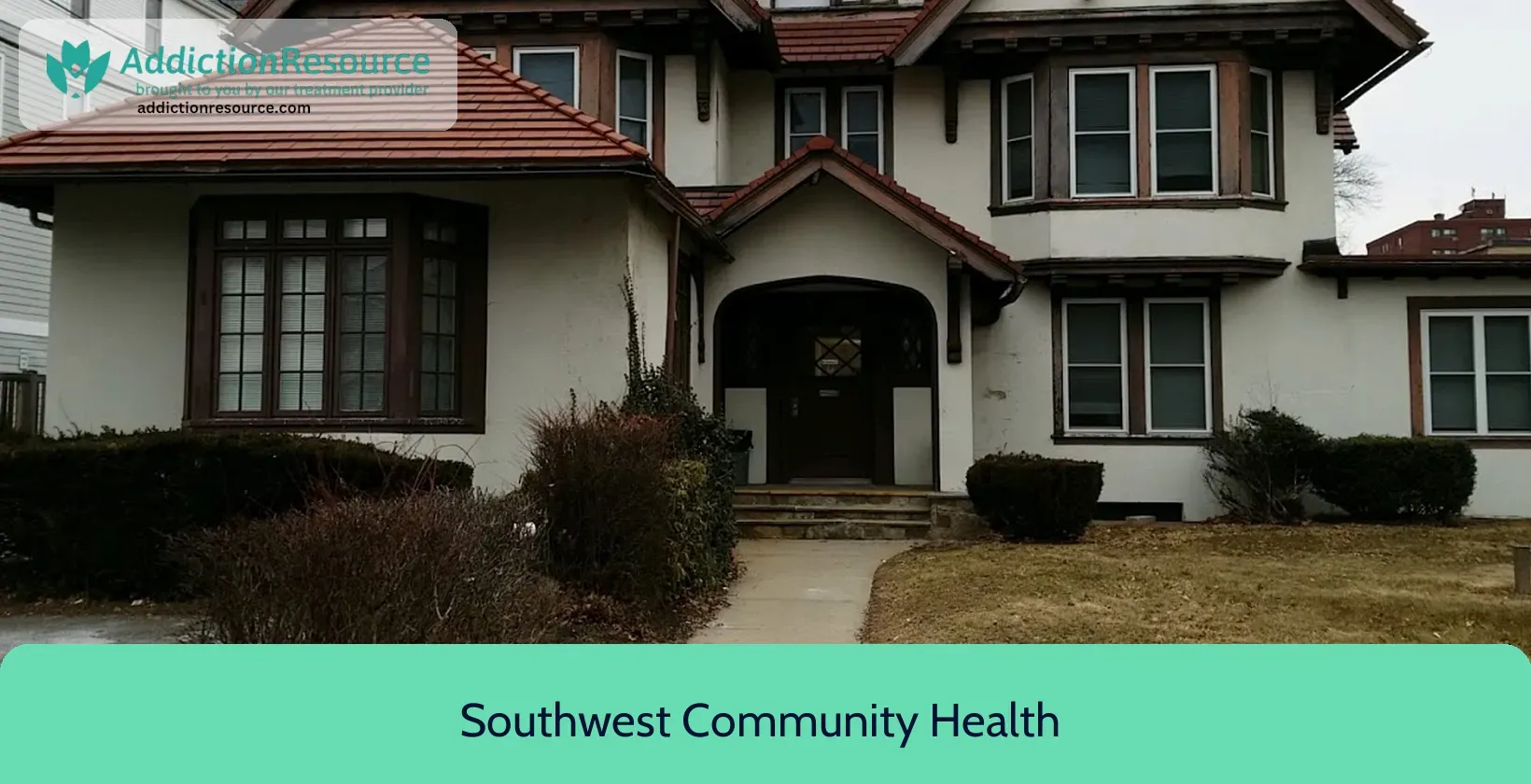
Southwest Community Health Center 1046 Fairfield Avenue – Bridgeport, Connecticut
 1046 Fairfield Avenue, Bridgeport, CT 06605
1046 Fairfield Avenue, Bridgeport, CT 06605
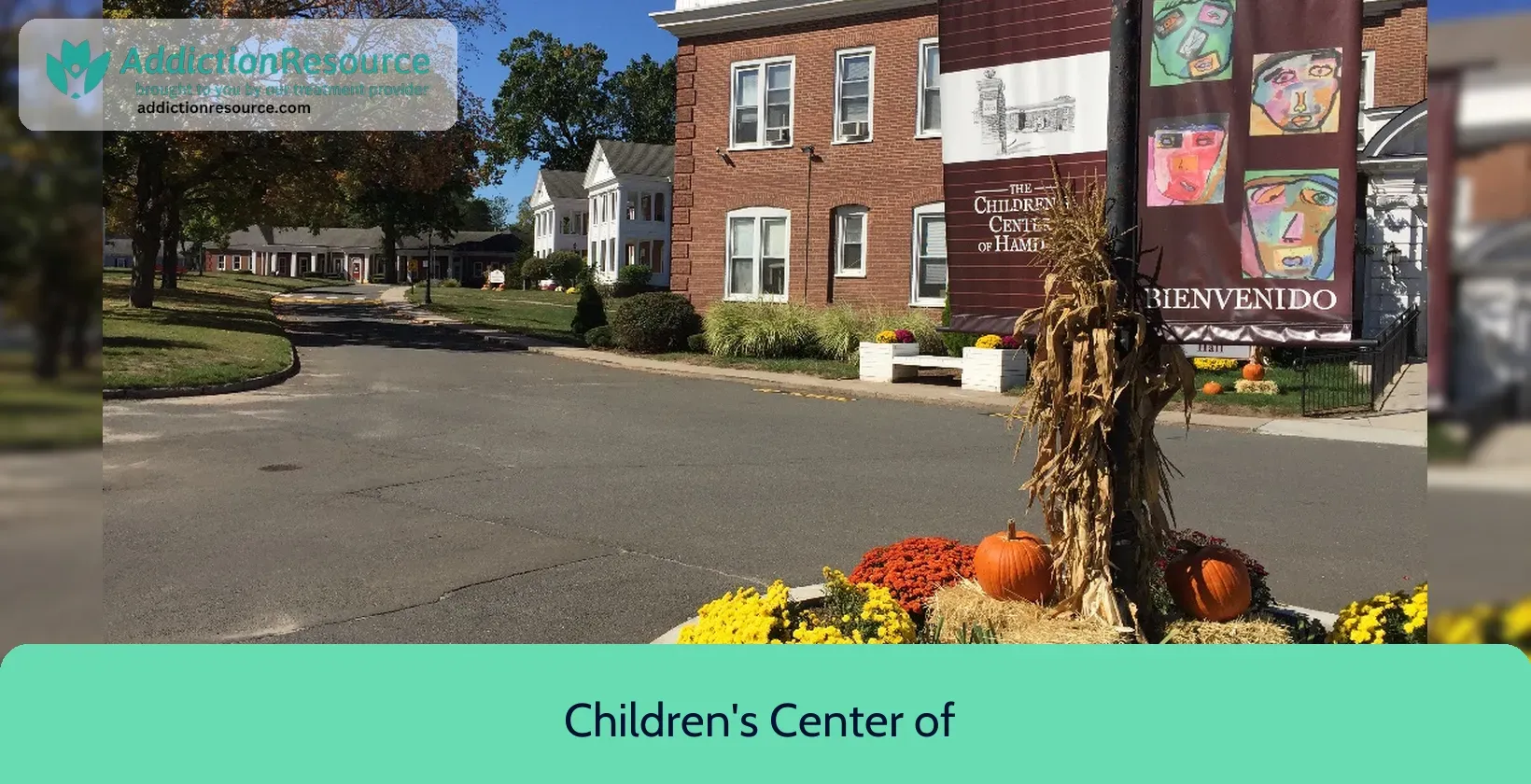
Children’s Center of Hamden – Hamden, Connecticut
 1400 Whitney Avenue, Hamden, CT 06517
1400 Whitney Avenue, Hamden, CT 06517

Connection – Cornerstone – New Haven, Connecticut
 282 Dwight Street, New Haven, CT 06511
282 Dwight Street, New Haven, CT 06511

Connection Center for Behavioral Health – Norwich, Connecticut
 67 Church Street, Norwich, CT 06360
67 Church Street, Norwich, CT 06360
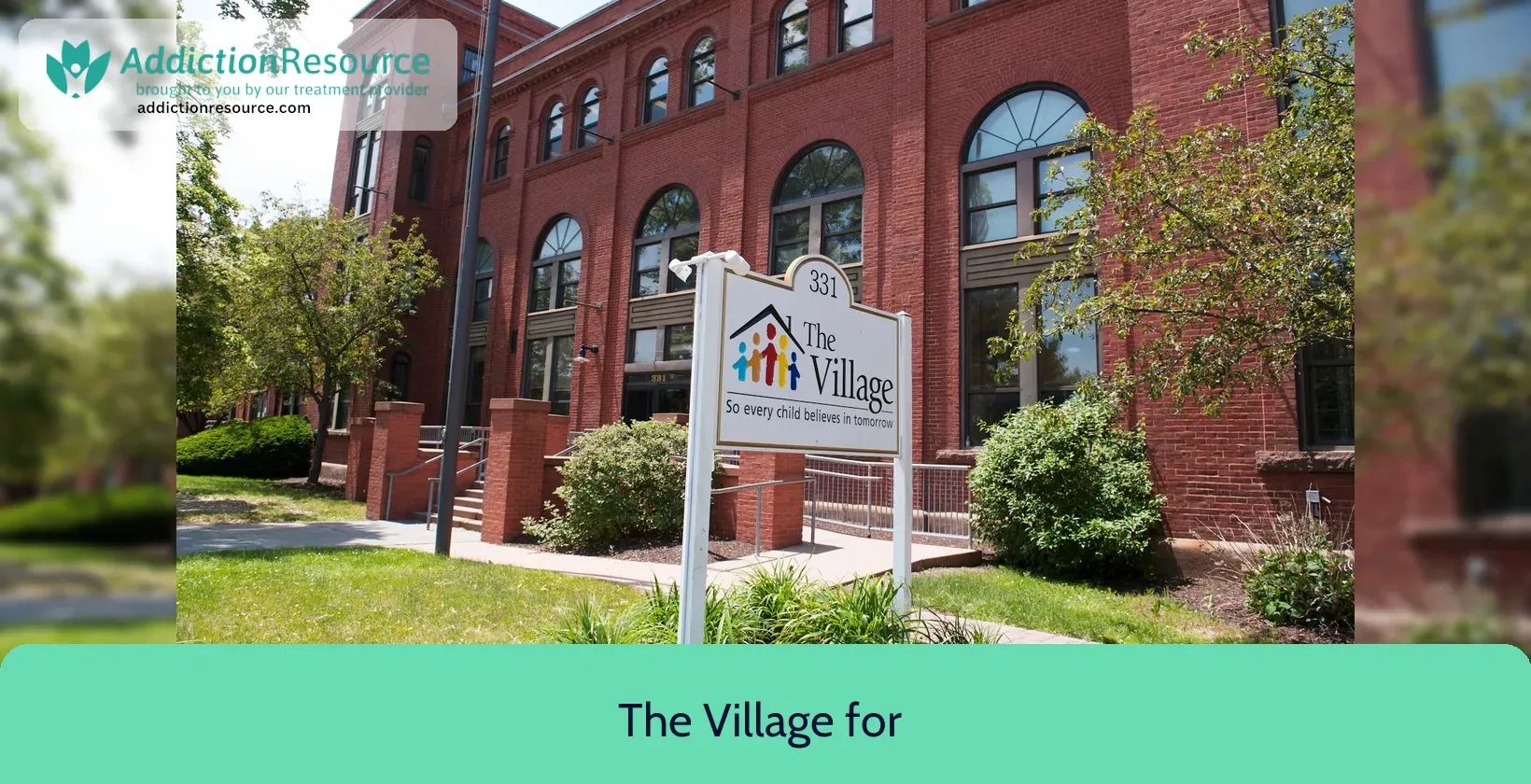
The Village for Families & Children – Hartford, Connecticut
 331 Wethersfield Avenue, Hartford, CT 06114
331 Wethersfield Avenue, Hartford, CT 06114

North Haven Community Services – North Haven, Connecticut
 5 Linsley Street, North Haven, CT 06473
5 Linsley Street, North Haven, CT 06473

Saint Francis Behavioral Health Group – Hartford, Connecticut
 675 Tower Avenue, Hartford, CT 06112
675 Tower Avenue, Hartford, CT 06112
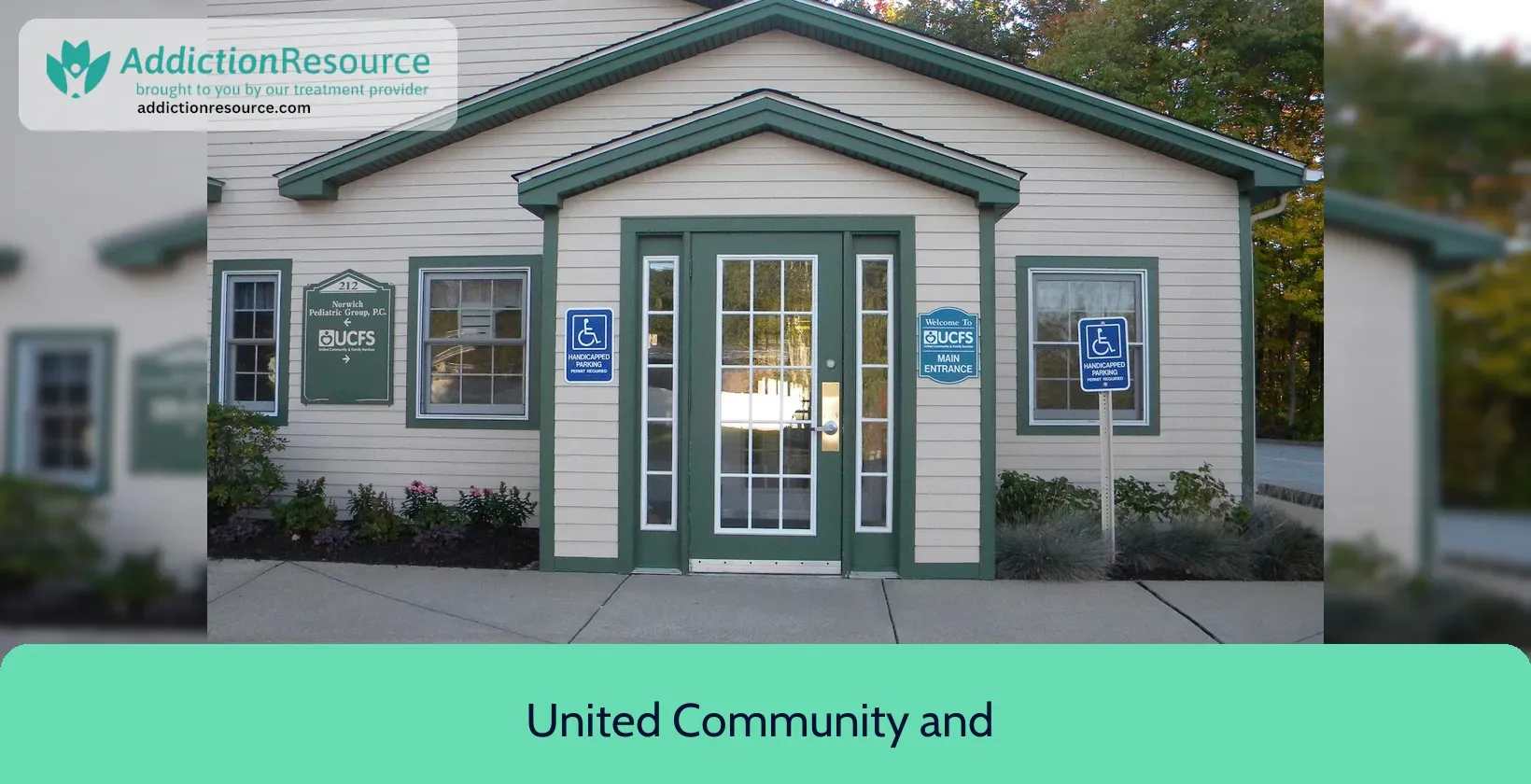
United Community and Family Services – Psychiatric Outpatient Clinic for Adults – Colchester, Connecticut
 212 Upton Road, Colchester, CT 06415
212 Upton Road, Colchester, CT 06415
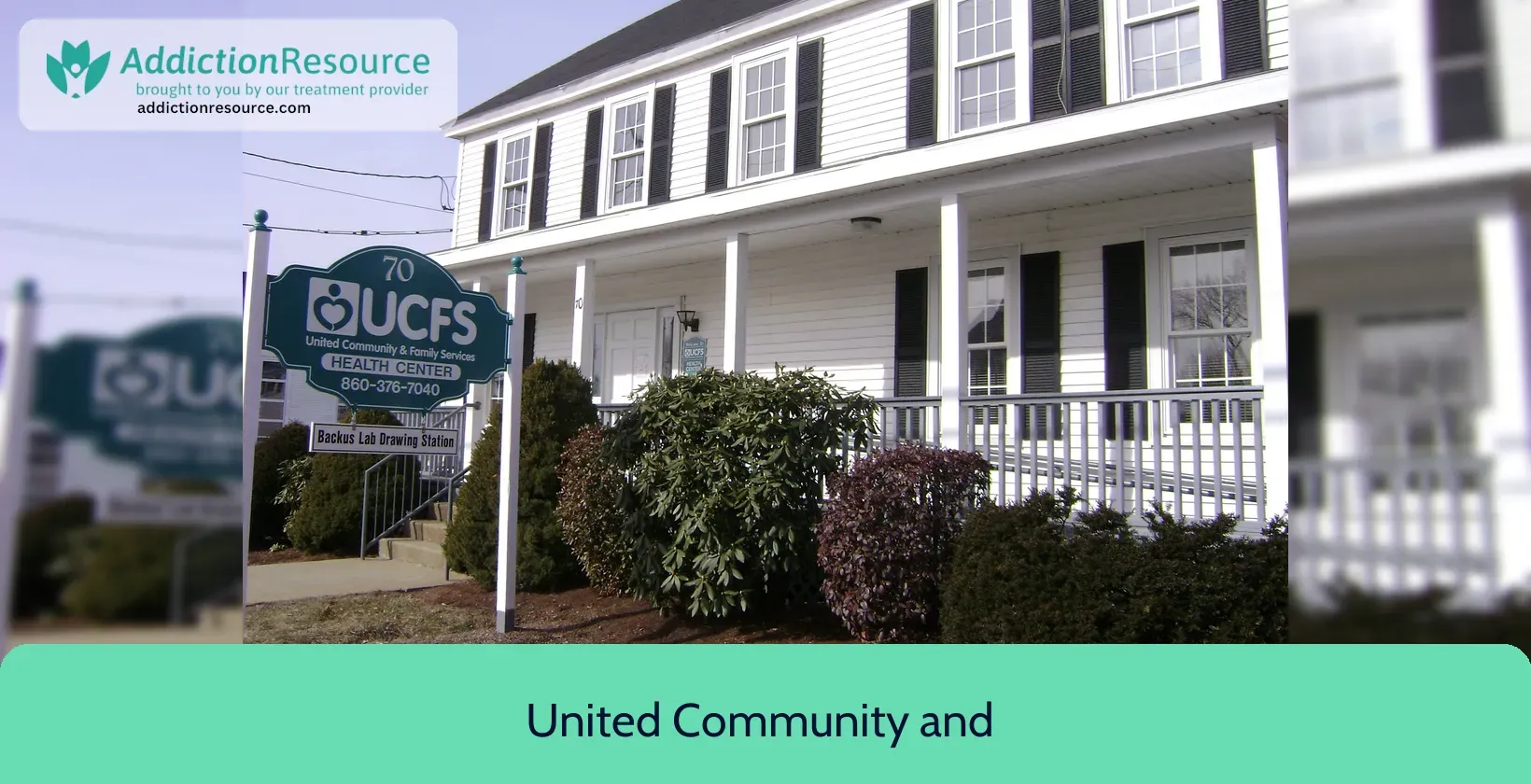
United Community and Family Services – Jewett City, Connecticut
 226 East Main Street, Jewett City, CT 06351
226 East Main Street, Jewett City, CT 06351

United Community and Family Services 351 North Frontage Road – New London, Connecticut
 351 North Frontage Road, New London, CT 06320
351 North Frontage Road, New London, CT 06320
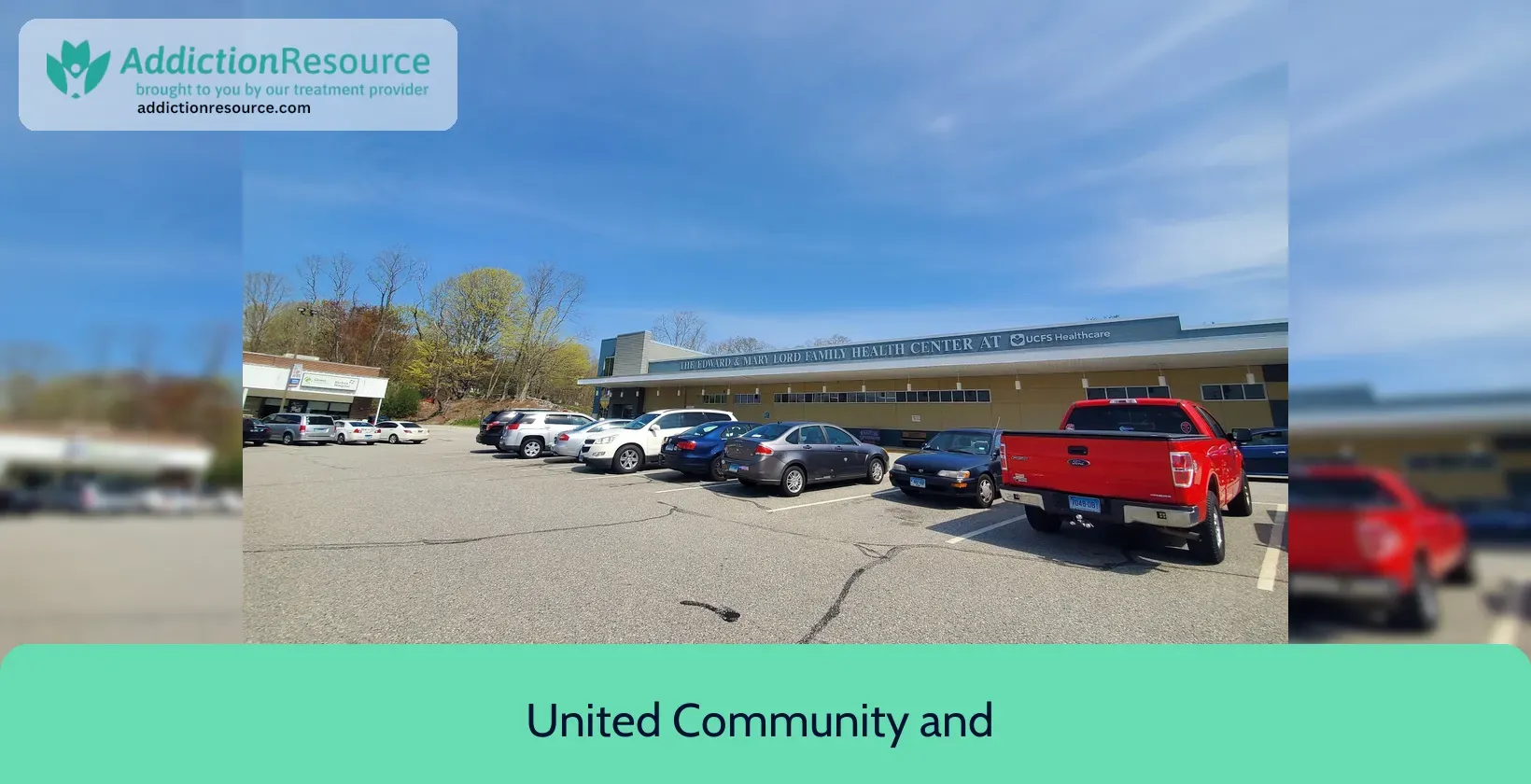
United Community and Family Services – Norwich, Connecticut
 47 Town Street, Norwich, CT 06360
47 Town Street, Norwich, CT 06360

United Services – Dayville, Connecticut
 1007 North Main Street, Dayville, CT 06241
1007 North Main Street, Dayville, CT 06241

United Services – Mansfield Center, Connecticut
 140 North Frontage Road, Mansfield Center, CT 06250
140 North Frontage Road, Mansfield Center, CT 06250

Waterbury Hospital – Behavioral Health – Waterbury, Connecticut
 88 Grandview Avenue, Waterbury, CT 06708
88 Grandview Avenue, Waterbury, CT 06708
The process of beating addiction is an ongoing one that starts with admitting there is a problem and asking for help. While this can be scary to do, it is vital to getting clean. Rehabs in Connecticut can help make the efforts to get clean successful.
Table Of Contents:
Exactly what rehab looks like depends on which center the user chooses. There are inpatient options, outpatient options, those which are clinical, and those which are out in nature. Ultimately, every individual battling addiction will thrive better by choosing a rehab facility closest to home due to convenience and support from family. In this case, the rehab in Connecticut works best for those within the geographical location.
Top Connecticut Drug and Alcohol Recovery Facilities
For those seeking a Connecticut rehabilitation facility, there are numerous options. Some of them are less than stellar, while others deliver incredible treatment and superior results. Ultimately, finding the best facility is a matter of finding one which offers a good fit to the user. To help, we have come up with a list of the top five best rehab and detox facilities in Connecticut.
Drug and Alcohol Abuse Treatment in Connecticut at a Glance
Drug and alcohol rehabs in CT are regulated by the state. Centers that wish to offer these services must take specific steps and offer appropriate documentation. This helps to ensure all treatment programs meet basic standards before they can offer their services to the public.
However, once programs meet these standards, they are free to craft their offerings to Connecticut residents as they wish. This means they can choose what types of therapies they utilize, the structure of their programs, and even which patients they will serve.
Connecticut’s Best Drug and Alcohol Rehabs Use a Wide Variety of Treatment Modalities, Including the Following:
- Detoxification
- Cognitive-behavioral therapy
- Contingency management
- Motivational enhancement therapy
- Individual counseling
- Group counseling
- 12-step programs
- Medication-assisted healing
How successful is drug rehabilitation in CT? If people base their ideas on how it is portrayed in the media, they would think it fails more often than it succeeds. However, this is not accurate. Drug rehabilitation in Connecticut and other states often sees rates of success higher than rehabilitation therapies for other diseases. This means there is no reason to discount treatment.
Why Is There a Demand for Drug Rehab Center in CT?
Drug use has been at crisis levels in the United States over several decades, and in recent years, usage has climbed significantly. Drug-induced death was the leading cause of injury-related death in Connecticut at one point, and it remains one of the leading causes of death in the state. It has also ranked amongst the top ten states for drug addiction within the last decade.
All of the most commonly used drugs in the country are also abused in Connecticut. This includes heroin, cocaine, alcohol, and other drugs. Polydrug use is common, and it is involved in the majority of drug-related deaths. This often makes the rehabilitation process more complicated since Connecticut rehabilitation centers must be ready to address multiple addictions when assisting patients.
Perhaps the hardest addictions to deal with are those of teenage patients. While teens are using drugs frequently, including increased use of marijuana, alcohol is the substance teens become addicted to most often. Many drug rehabs in Connecticut offer programs are specifically designed to target younger patients.
From 2010 to 2011, Connecticut was rated one of the top ten states with the highest rates of drug addiction. In spite of CT Drug Laws, There is Still a Significant Number of Drug Abuse in the State:
Detox centers in CT reported heroin as the most common drug addiction treatment offered.
About 9.1% of the residents of Connecticut admitted to past use of scheduled drugs; the average nationwide was 8.82.
In 2018, the medical care providers in Connecticut wrote approximately 43 opioid prescriptions for every 100 patients; the average for the U.S. in the same year was 51.4 opioid prescriptions.
Connecticut Drug Laws
The statutory drug law in CT, ranging from possession to distribution, comes with very steep penalties. Most of the laws attract a few years imprisonment and a fine. A typical example is a one-year incarceration or a fine of about $1000, or even both on a first possession offense of as small as 4 ounces of drugs. A 2-3 time conviction for schedule I drug possession may fetch a fine of $250,000, 25-year incarceration, or both.
Is Weed Legal in Connecticut?
Connecticut is in its preparatory stages to become the next state to legalize the use of marijuana for adults. The Senate voted in the majority for the legalization of marijuana, and the new bill for Connecticut marijuana laws is set to be passed accordingly.
The Connecticut marijuana laws are therefore renewed in senate bill 1201, stating that the adult use of the substance is now legal while effectively regulating commercial distribution.
From July 1, 2021, adults within the age of 21 and older would be allowed to possess as much as 1.5 ounces of marijuana publicly and 5 ounces within the residence without penalty.
Treatment Opens the Doors to Life Beyond Substance Abuse
For anyone suffering from addiction within the state, drug and alcohol rehabs in CT are the start of the journey to a healthier and happier life. With these programs, it is possible to develop the skills needed to live a life free from drugs. While recovery is a lifelong process, utilizing the correct tools makes that road easier to travel. No matter the motivation, even the Criminal Justice System Program, there are programs ready to help.
If you or a loved one is in need of Connecticut rehabilitation treatment, we want to help. Call (888)-459-5511, so our addiction specialists can assist you.
Hope Without Commitment
Find the best treatment options. Call our free and confidential helpline
Most private insurances accepted
Find Drug Rehabilitation Centers Near You Anywhere In the US
Addiction Resource team has compiled an extensive list of the top drug rehabilitation facilities around the country. Click on the state you are interested in, and you'll get a list of the best centers in the area, along with their levels of care, working hours, and contact information. Haven't found the rehab you need? Call the toll-free helpline below for professional assistance.

- Alabama
- Alaska
- Arizona
- Arkansas
- California
- Colorado
- Connecticut
- Delaware
- Florida
- Georgia
- Hawaii
- Idaho
- Illinois
- Indiana
- Iowa
- Kansas
- Kentucky
- Louisiana
- Maine
- Maryland
- Massachusetts
- Michigan
- Minnesota
- Mississippi
- Missouri
- Montana
- Nebraska
- Nevada
- New Hampshire
- New Jersey
- New Mexico
- New York
- North Carolina
- North Dakota
- Ohio
- Oklahoma
- Oregon
- Pennsylvania
- Rhode Island
- South Carolina
- South Dakota
- Tennessee
- Texas
- Utah
- Vermont
- Virginia
- Washington
- West Virginia
- Wisconsin
- Wyoming
Page Sources
- Executive Office of the President of the United States. Connecticut Drug Control Update. https://obamawhitehouse.archives.gov/sites/default/files/docs/state_profile-connecticut.pdf
- NIDA. 2020, April 3. Connecticut: Opioid-Involved Deaths and Related Harms. Retrieved from https://www.drugabuse.gov/drug-topics/opioids/opioid-summaries-by-state/connecticut-opioid-involved-deaths-related-harms
- U.S. Department of Justice. National Drug Intelligence Center. Connecticut Drug Threat Assessment. July 2002. https://www.justice.gov/archive/ndic/pubs07/997/997p.pdf
- Connecticut General Assembly, OLR Research Report, https://www.cga.ct.gov/PS98/rpt%5Colr%5Chtm/98-R-1003.htm
- NIH. 2020, August 20. Commonly Used Drugs Charts. Retrieved from https://www.drugabuse.gov/drug-topics/commonly-used-drugs-charts

 Authored by
Authored by  Reviewed by
Reviewed by 













